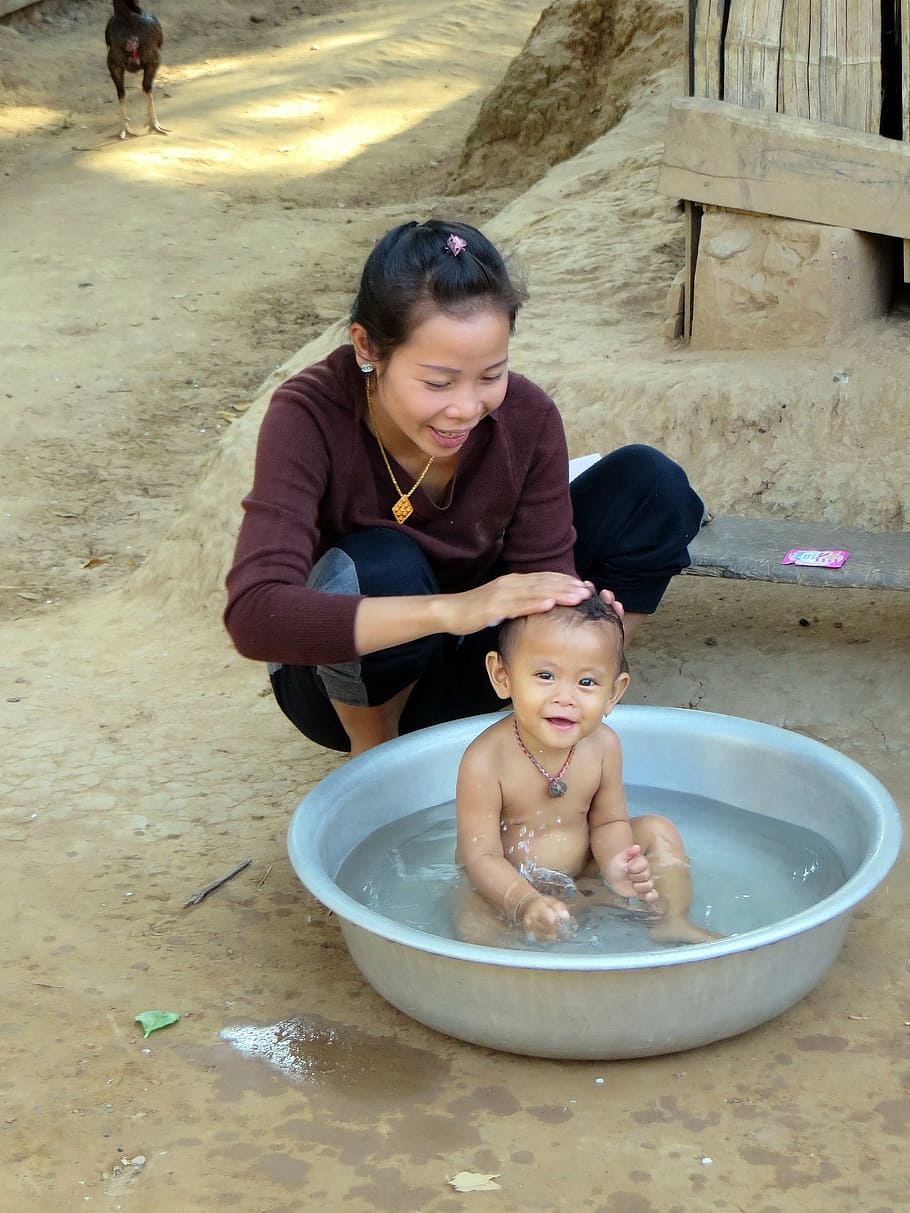Be invited to join this public seminar with two visiting researchers from Laos!
When: Wednesday, October 5, 10am – noon
Where: Deakin University, Geelong, Sally Walker Building (AD1.122). If you are unable to attend in person, please join us via Zoom.
Contact for enquiries: amelie.katczynski@deakin.edu.au
Presentation 1: Causes of Non-Malarial Infection in Lao PDR (Professor Mayfong Mayxay)
With the reduction in the incidence of malaria in Lao PDR (Laos), identification of the causes of other infections, and discussion of the best empirical treatment options, are urgently needed. Between 2000 and 2019, we conducted studies to identify the causes of non-malaria infections both in urban and in rural areas of the country and found that less than 40% of all febrile patients were assigned with a diagnosis. The proportion of positive blood cultures was <10% and the top five clinically significant organisms found were Salmonella enterica Typhi, Escherichia coli, Burkholderia pseudomallei, Klebsiella pneumoniae, and Staphyloccocus aureus. Excluding influenza, the additional top five infections (when only one aetiological agent per patient was identified) were scrub typhus, murine typhus, dengue, Japanese encephalitis virus (JEV), and leptospirosis. The frequency of infections differed significantly between the locations with JEV, typhoid and leptospirosis occurring more commonly in the north; whereas dengue and melioidosis were more common in the south. Our studies suggest that a wide range of treatable or preventable pathogens are implicated in non-malarial febrile illness in Laos. With the predominance of rickettsial infection and leptospirosis, empirical treatment with doxycycline for patients with undifferentiated fever and negative rapid diagnostic tests for malaria and dengue could be an appropriate strategy for rural health workers in Laos.
Presentation 2: Gaining insight into maternal and child health care in Lao PDR (Sysavanh Mayxay)
Maternal mortality rate in Lao PDR (Laos) is still the highest in Southeast Asia. Improving the quality of maternal health care is known to help decrease maternal mortality in many countries. Increased maternal health literacy (MHL) has also contributed to maternal and child health outcomes in many countries. Optimal numbers of ANC visits help to improve health outcomes and decrease perinatal mortality, but in low- and middle-income countries. Very little information is available on the quality of health education and counseling services of health providers, and remains unknown about MHL and positive practices of Lao mothers. The main aim was to gain insight into maternal and child health care in urban and rural public health facilities in Lao PDR, and obtain evidence for recommendations to improve the quality of ANC services.
Speaker Details
Mayfong Mayxay is an Associate Professor and the Vice-President of the Lao University of Health Sciences, Ministry of Health. He is a member of the MORU Tropical Health Network and Head of Field Research of the Lao-Oxford-Mahosot Hospital-Wellcome Trust Research Unit (LOMWRU). His research areas are infectious diseases and tropical medicine. His specialisations include antimalarial drug resistance, causes of fever, dengue, rickettsial infections, Japanese encephalitis virus infection, and infantile beriberi. In this youtube video, Mayfong talks about the importance of field research on infectious diseases in Lao PDR. He has recently been awarded the Hitachi Global Foundation Asia Innovation Award 2020 for his contributions to research on malaria control and elimination.
Sysavanh Mayxay (neé Phommachanh) is a health and social science researcher, lecturer, and the Vice-Director General of the Institute of Research and Education Development at Lao University of Health Sciences. She is also member of the Lao Women Union Steering Committee of the University of Health Sciences. Her research specialities include women’s and child health, reproductive health, gender, violence against women and children, and dengue fever in Lao PDR. Sysavanh is a finalist of the ASEAN-US Science Price for Women 2022. In the video below, she speaks about the goals of her research in Lao PDR, with improvement of women and child health in the centre of her work.
